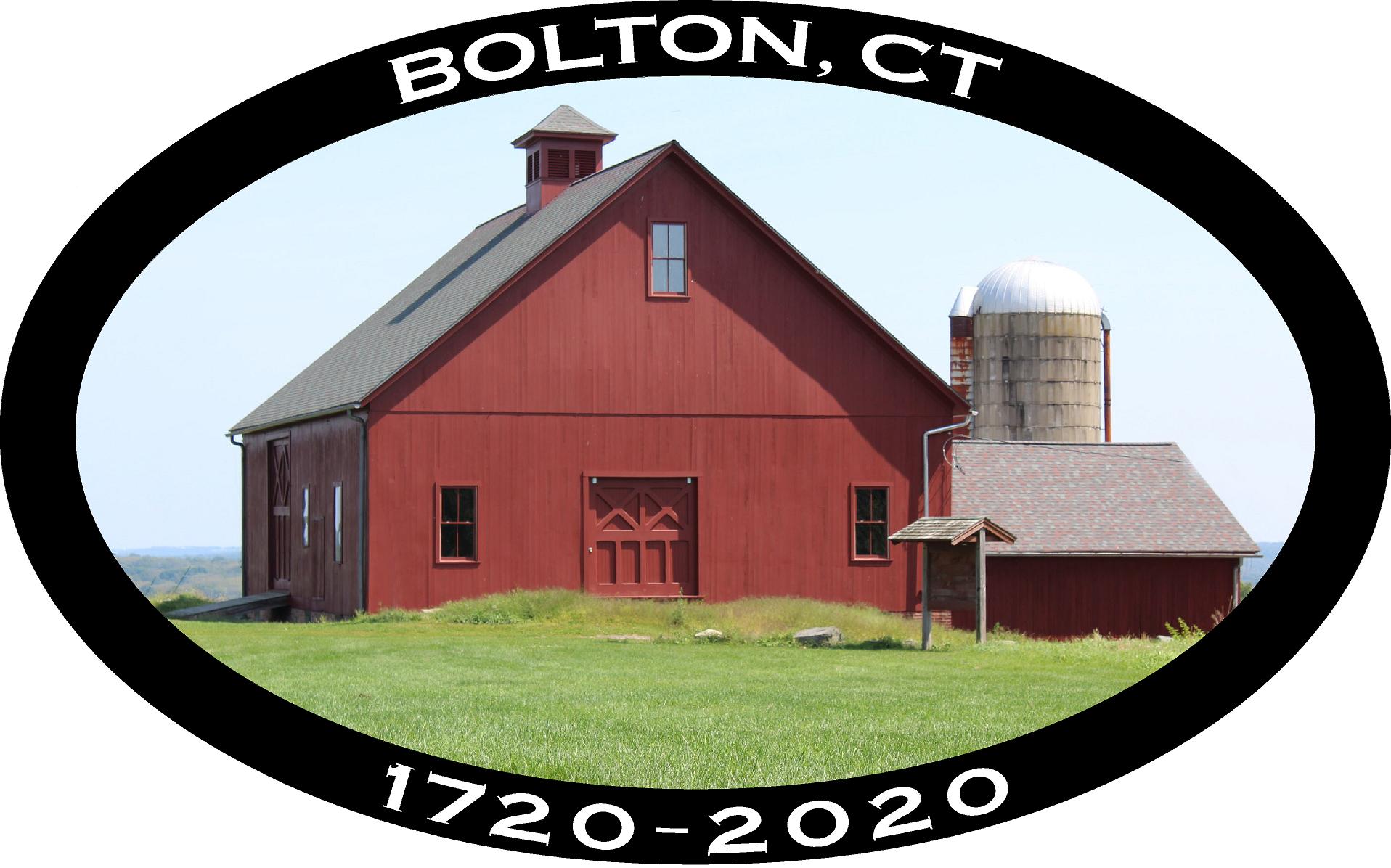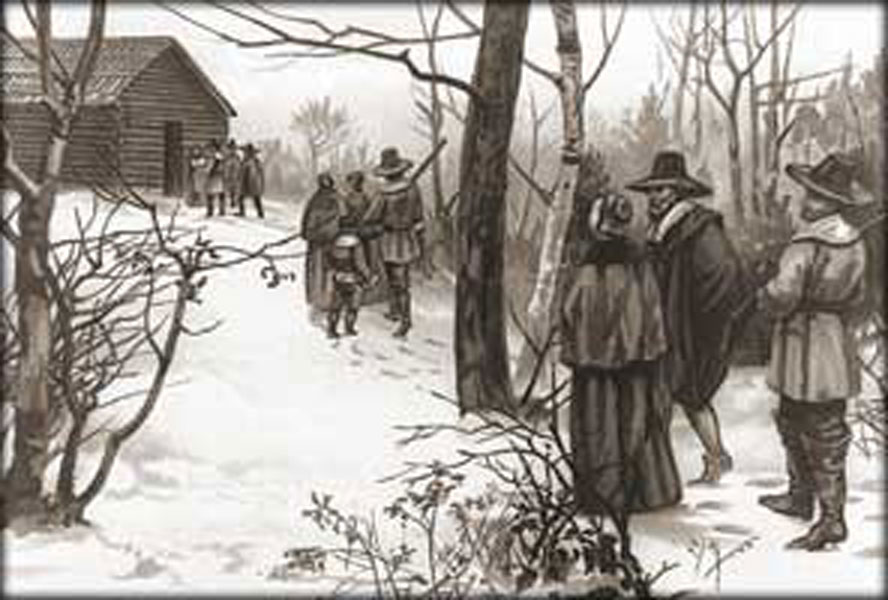
|
| Home | Geography | History | Biology | Recreation | News | Resources |
| Bolton 300 Home | 2020 Plans | 2020 Events |
|

|
From the formation of Bolton in 1720 until 1808 Vernon was known as North Bolton, but we learn little about these early years of our history.
The territory that became Bolton was left over after our neighboring towns were incorporated. How did this happen and how were our boundaries determined?
How did our geography lead to the formation of the North Bolton Parish and the eventual, and inevitable, separation of Vernon?
Who were the first settlers and how was land in our new town divided?
What was life like as families spread throughout the town, establishing churches and schools?
Separation began when North Bolton was granted its own parish, church and minister. How and why did this happen?
Bolton gained importance during the Revolutionary War. How did we experience wartime and support the effort?
After the War there was pride in our new nation - roads improved, we added a mile and a half to our western border, new industry was born and we moved towards the separation of Vernon from Bolton.
History inspires us and gives us a sense of place. From these years emerged the leaders, institutions and ideals that built Vernon and Rockville.

|
Through the eyes of a founder
In this program, part of Bolton's 300th Celebration, the story of early Vernon is told through the voice of DAVID ALLIS, who was born in Bolton in 1720, the year of its incorporation.
David's father Nathaniel was one of the earliest settlers in this territory and one of the petitioners for incorporation. He grew up in the Pioneer Valley in Massachusetts, while his family was fighting Indians in King Phillip's War.
David grew up on the Bolton-Vernon border and became one of the leaders of early Bolton. He built the first grist mill on the Tankerhoosen River, petitioned for creating the North Bolton Parish, held early church meetings at his home, helped to hire and settle our first minister, and plan and build the meeting house.
During the Revolutionary War he was too old to fight, but was Moderator of the Town Meetings that supported those who did fight and their families. As Bolton was on the Revolutionary Road from Providence to Hartford he met many of the leaders of the war who stopped for the night or a meal in Bolton - Washington, Franklin, Lafayette and Rochambeau.
JON ROE has been fascinated by our early, and largely forgotten, 18th Century history. Many of his explorations are posted on his website, The Tankerhoosen. He looks forward to sharing their story through the voice of David Allis.
The free program takes place on Sunday, March 1 at 2 p.m. at the Vernon Historical Society, 734 Hartford Turnpike in Vernon. Snow date March 8.
A similar program will be offered at the Bolton Senior Center on Wednesday, June 18 at 11 a.m. The focus of that program will be on Bolton itself, rather than North Bolton.
Home | Activities | News | References | Search | Site Map | Contact Us
© Copyright The Tankerhoosen. All rights reserved.
© Copyright The Tankerhoosen. All rights reserved.